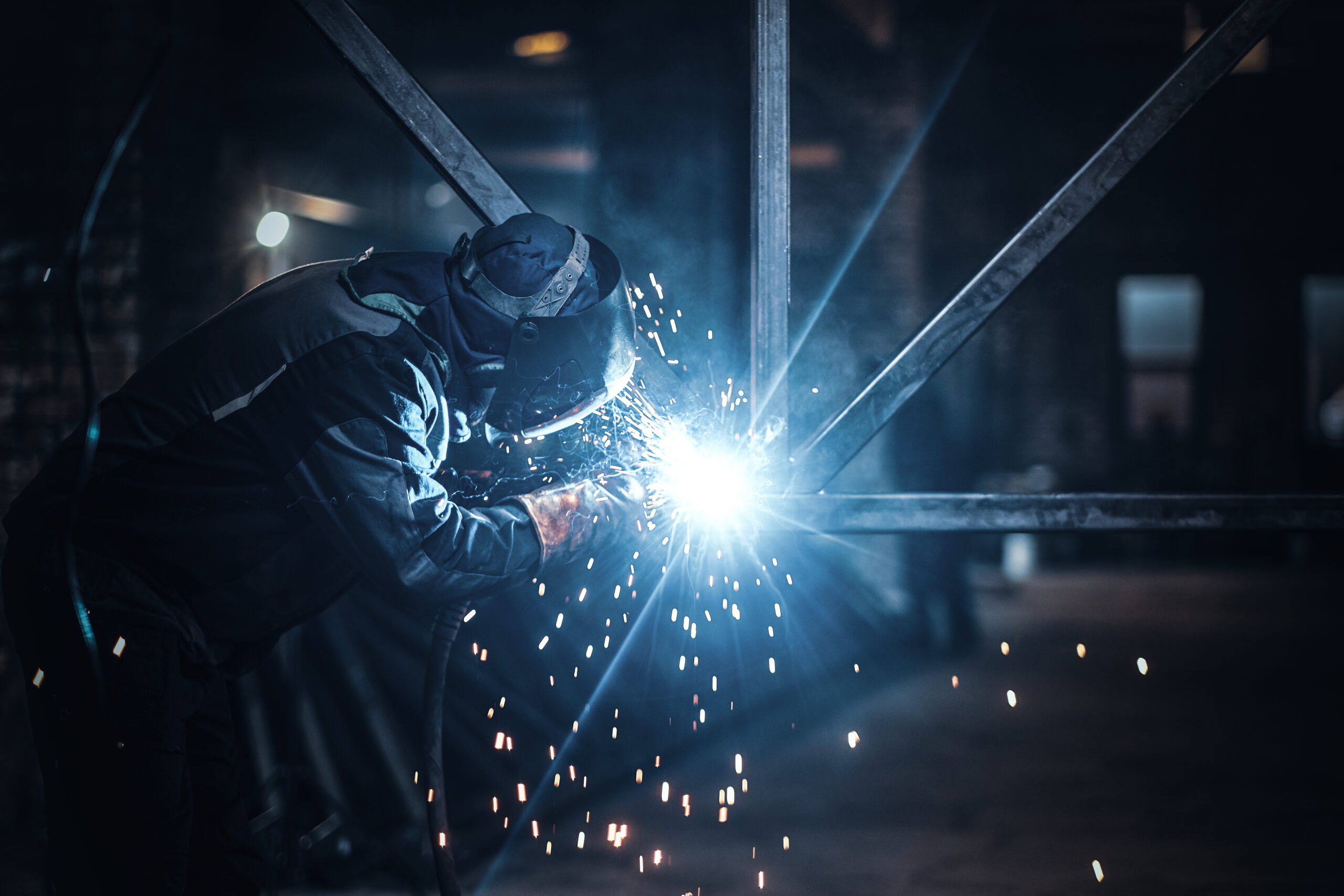Carbon Monoxide Awareness Day is Sept. 18
NASHVILLE – In Tennessee, Carbon Monoxide Awareness Day is recognized every year on Sept. 18. To help better protect consumers, the Tennessee Department of Commerce & Insurance (“TDCI”) and the Tennessee State Fire Marshal’s Office (“SFMO”) are sharing carbon monoxide safety messages to help save lives and reduce risks.
Carbon monoxide (“CO”) is an odorless, colorless gas created when natural fuels burn incompletely. In the home, heating and cooking equipment that burn fuel such as barbecue grills, fireplaces and fuel-powered heaters are potential CO sources. Campers and RV owners will frequently use generators when spending time outdoors. After severe storms and natural disasters, generators are also frequently used to provide power when a home’s electrical system or power supply has been damaged or destroyed.
“When using a generator for power for recreation or after severe weather, I remind Tennesseans that the carbon monoxide produced by that equipment can pose a health hazard,” said TDCI Assistant Commissioner for Fire Prevention Gary Farley. “As we prepare for lower temperatures this fall and winter, I remind Tennesseans to pay close attention to their use of heating sources whenever they are indoors and be mindful of the health risks that are associated with carbon monoxide.”
Carbon Monoxide Awareness Day was first recognized in 2015, when the Tennessee General Assembly approved legislation declaring September 18 of each calendar year as Carbon Monoxide Awareness Day in Tennessee. The designation was made in honor of five friends who died as a result of carbon monoxide poisoning on Sept. 18, 2011, in Clarksville. Jon and Kathryn Over, Jim Wall, Tim Stone and Allison Bagwell-Wyatt lost their lives at a children’s charity fundraiser when carbon monoxide fumes from a generator seeped into their rented RV. The RV’s carbon monoxide detector, which could have prevented the tragedy, was later discovered to have no batteries.
Christine Watson, who lost her daughter and son-in-law to the tragedy on Sept. 18, 2011, worked with the SFMO to create a powerful testimonial warning others about the dangers of carbon monoxide.
To remind Tennesseans about the risks associated with carbon monoxide poisoning, the SFMO shares the following tips:
- A generator should only be used outdoors and at least 15 feet away from buildings. It is dangerous to use a gas or kerosene heater inside a home or other building.
- Never use a gas range or gas oven to heat your home. Do not use a gas or charcoal grill indoors, and do not burn charcoal in your fireplace.
- Do not run a vehicle or other fueled engine or motor indoors, even if garage doors are open.
- Do not use fuel-powered equipment in a garage or enclosed area.
- Have fuel-burning heating equipment and chimneys inspected by a professional every year before cold weather sets in.
- When using a fireplace, ensure the flue is open for adequate ventilation.
- Common symptoms of carbon monoxide poisoning include headache, dizziness, nausea, vomiting, shortness of breath, and confusion. Many of these symptoms are similar to common colds or seasonal flu. Breathing high levels of carbon monoxide can cause loss of consciousness or even death.
- If carbon monoxide poisoning is suspected, immediately turn off possible sources of the gas.
- Carbon monoxide detectors are important in protecting against poisoning by providing an early warning. These are widely available at home and hardware stores.
- If the carbon monoxide alarm sounds, immediately move to a fresh air location outdoors or by an open window or door. Make sure to account for everyone who was inside the structure. Call for help from a fresh air location and stay there until emergency personnel arrive.
For more information on how to keep your family safe from the dangers of fire and carbon monoxide, visit tn.gov/fire.









